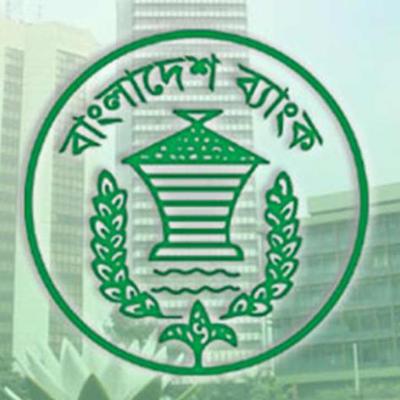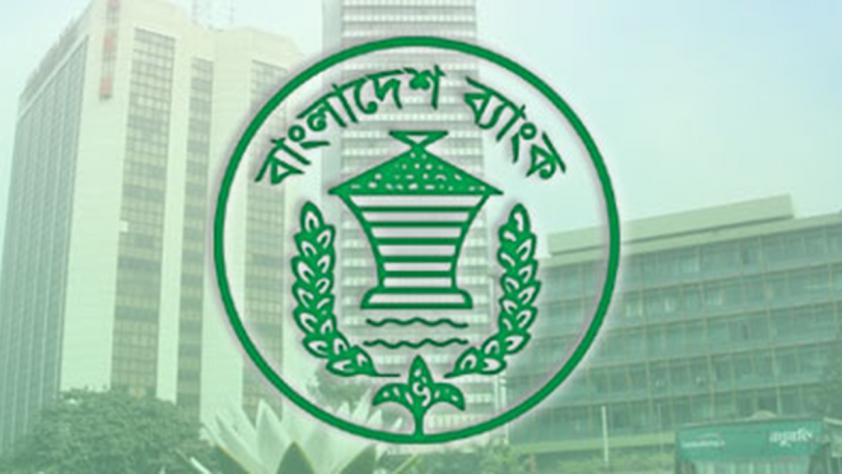 Bangladesh Bank issues a master circular asking all financial institutions to follow anti-money laundering and terrorist financing rules strictly.
Bangladesh Bank issues a master circular asking all financial institutions to follow anti-money laundering and terrorist financing rules strictly.
The central bank has issued a stern warning to the four state-run commercial banks for their failure to improve their financial conditions, saying observers will be put in place if the situation does not improve.
Bangladesh Bank said punitive measures will be taken against the chief executives of Sonali, Janata, Agrani and Rupali banks, including their removal from the posts, for their negligence to compliance.
The government will be informed about the incidents of negligence committed by board members so that actions are taken against them, it said.
“If the situation does not improve we will not hesitate to appoint observers, if necessary, on the basis of CAMELS rating,” said Bangladesh Bank Governor Atiur Rahman yesterday.
Financial scams such as Hall-Mark and BASIC Bank have tainted the image of state lenders, Rahman said.
Negligence by the boards of the banks and the higher executives contributed to such scams, he said.
Rahman made the comments during a meeting with the chairmen and managing directors of Sonali, Janata, Agrani and Rupali banks.
The meeting discussed the status of the performance agreement signed by the four banks with the BB in the first quarter of the fiscal year.
The warning came after an increase in numbers of loss-making branches, loan defaults and capital deficits.
The number of loss-making branches of the four banks increased from 121 to 294 between December last year and March this year.
Sonali Bank's loss-incurring branches stood at 77 in March from 31 in December and Agrani's 86 from 22.
The loss-making branches of Janata increased from 60 to 95 in March and Rupali's 36 from 8.
For serious irregularities at the branch level, the chief executive will be held liable first, the governor said, while asking the banks not to apply for permission for new branches until their CAMELS ratings improve.
He said the picture of the financial condition in banks is not pleasing at all. Default loans and capital deficits are the major problems facing the banks.
The other problems include high-operating costs; poor efficiency; and weakness in corporate governance, risk management, internal audit and asset, and liability management.
The governor said assets would continue to erode until their quality improves.
“It is unfortunate that many of you are not properly following the prudential regulations of Bangladesh Bank. As a result, new risks are appearing. But remember that we are getting tougher in dealing with breaches of laws.”
Rahman asked the boards to take the necessary steps so that the audit committees can work fearlessly.
In response, the banks said typically many branches' losses increase in the first quarter but by the end of the year they pull themselves into the green.
The banks also notified the governor about the problems they are facing. One of their problems is state-run Bangladesh Petroleum Corporation, which owes thousands of crores to state banks.
In the past, they gave huge amounts of loans to BPC at low interest rates. Now that the financial condition of the country's sole oil importer is good, it can start repaying the loans but is not doing so, sources said.
Thanks to record low prices of oil, the BPC has been making profits since last January. It however has loans and other debts totalling Tk 29,000 crore, as it had to sell oil at subsidised rates.
One of the banks also said the interest rates for the loans under the large loan restructuring facility should be at least 10 percent.
Besides, banks should be allowed to take instalments against the loans soon after the restructuring facility takes effect.
Under the restructuring facility, the central bank has set one year as the grace period.
News:The Daily Star/10-Aug-2015





 ASM Mainuddin Monem has been re-elected as the chairman of
ASM Mainuddin Monem has been re-elected as the chairman of